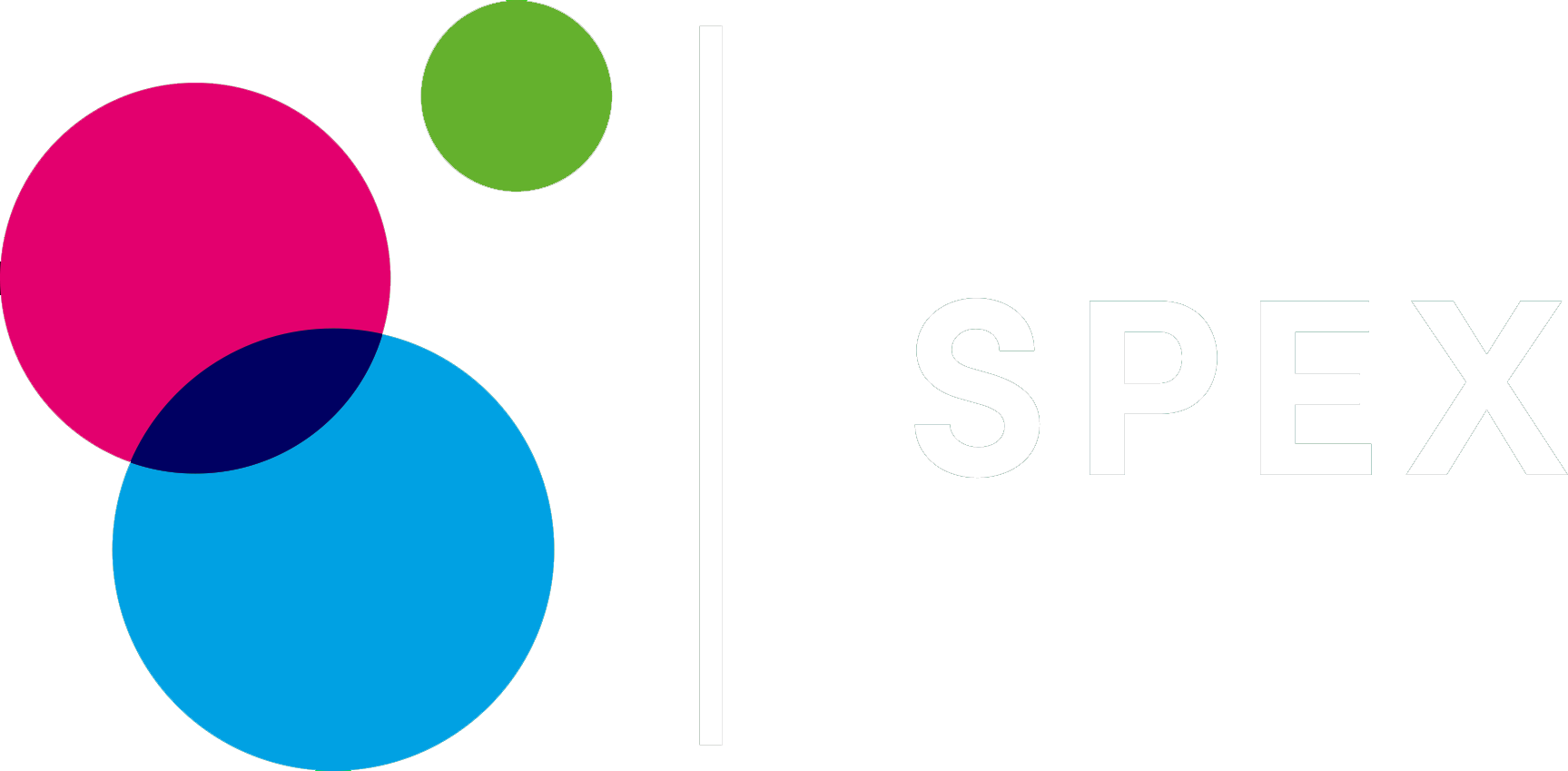On Friday 22 April, City Council Member for Sustainability Arno Bonte of the Municipality of Rotterdam opened the new innovative demo recycling installation of OBBOTEC in Plant One in Rotterdam. The new installation was made possible by financial support from the Rotterdam Energy Transition Budget and EU-REACT subsidy, as well as the involvement of various partners. The new installation demonstrates that it is possible to apply SPEX technology, a dissolution technology, on a commercial scale and to process various plastics into new, pure raw materials using advanced recycling technology. The yield is almost 100%, the material is of high quality and is so pure that it can be used again for new packaging. A breakthrough technology in plastic recycling.
New technology capable of processing complex flows
There are various streams of plastic, such as flexible plastic packaging, which are difficult to recycle and are only processed in low quality (eg into roadside bollards) or incinerated with energy recovery. OBBOTEC's new SPEX technology is capable of high-quality processing of polyolefins (PP/PE), which are often used in shampoo bottles or crisps packaging. The efficiency of this recycling process is almost 100%, because plastics are not broken down, but are cleaned inside and out. With SPEX it is possible to convert a mix of plastics into (almost) 'virgin' granulate, due to all contaminants such as fragrances and dyes, coatings and plasticizers that are not removed in traditional mechanical recycling.
Upscaling
In various pilots we work together with Unilever & AVR. We are testing a range of packaging, such as Unox soup in a bag and Conimex prawn crackers, to investigate the extent to which these materials can be recycled into new products and packaging. In addition, we test to what extent the output materials meet the quality requirements for reuse as a new secondary raw material (re-granulate). The tests are performed on both lab scale and demo scale. At the moment we are still working on the pilots but the first results are promising. The aim is to realize new investments in 2023 and to develop a first commercial installation, where approximately 10,000 tons of plastics can be processed annually.
CO2 reduction
Scaling up the technology leads to a substantial reduction in CO2 emissions. Based on one commercial SPEX installation, this results in a reduction of approximately 15,000-30,000 tons. In the Netherlands, this could yield around 900,000 tons of CO2 reduction on an annual basis. This figure is based on the more than 300,000 tons of unprocessed waste plastics that are available for this form of recycling. Then the packaging that is currently incinerated will be recycled.
Finally
Friday 22 April 2022 has been an important milestone in the development of the new SPEX technology, and marks a new start in the scaling up phase. We look forward to new collaborations to realize a fully circular plastic chain in the future.

